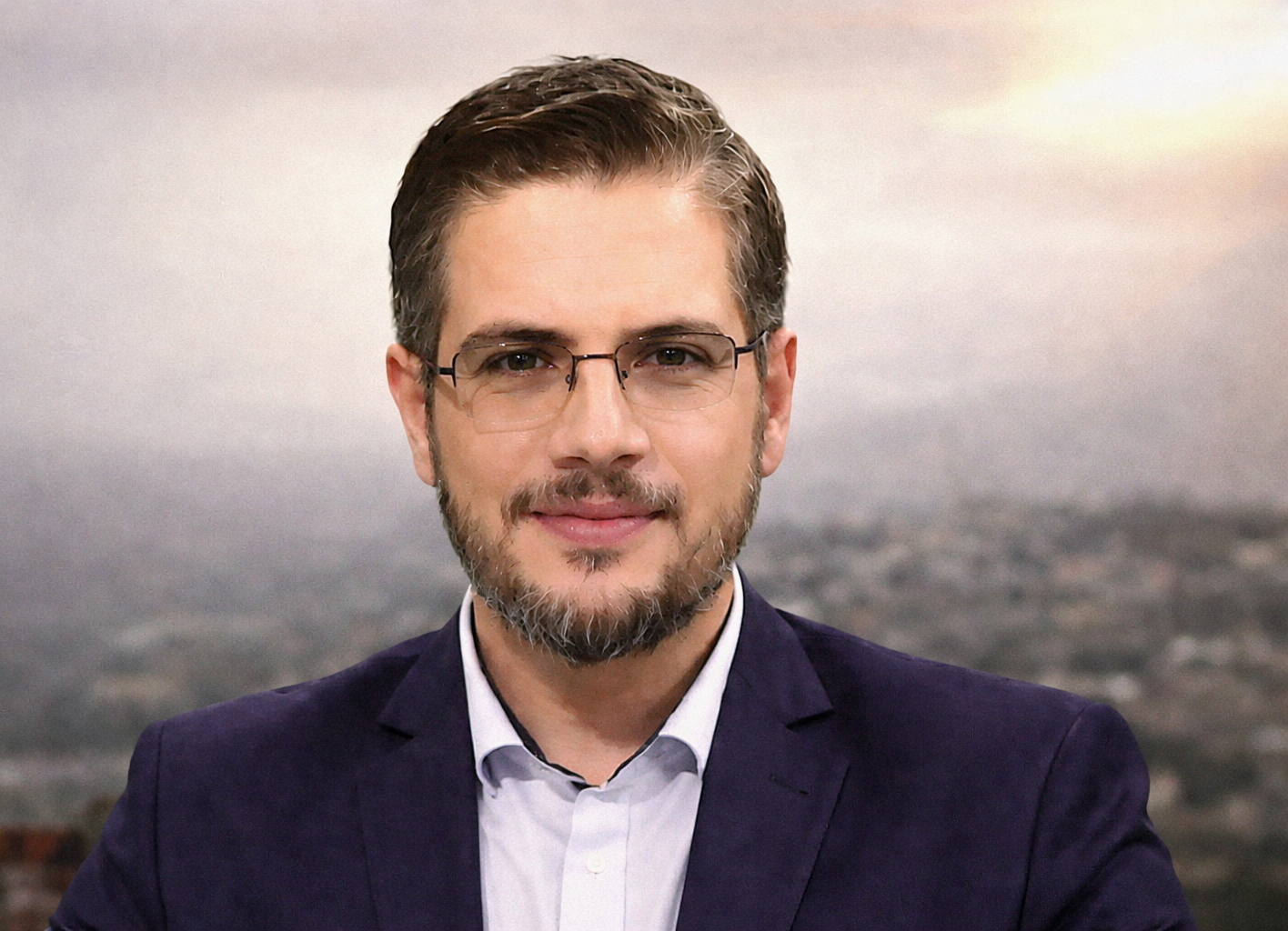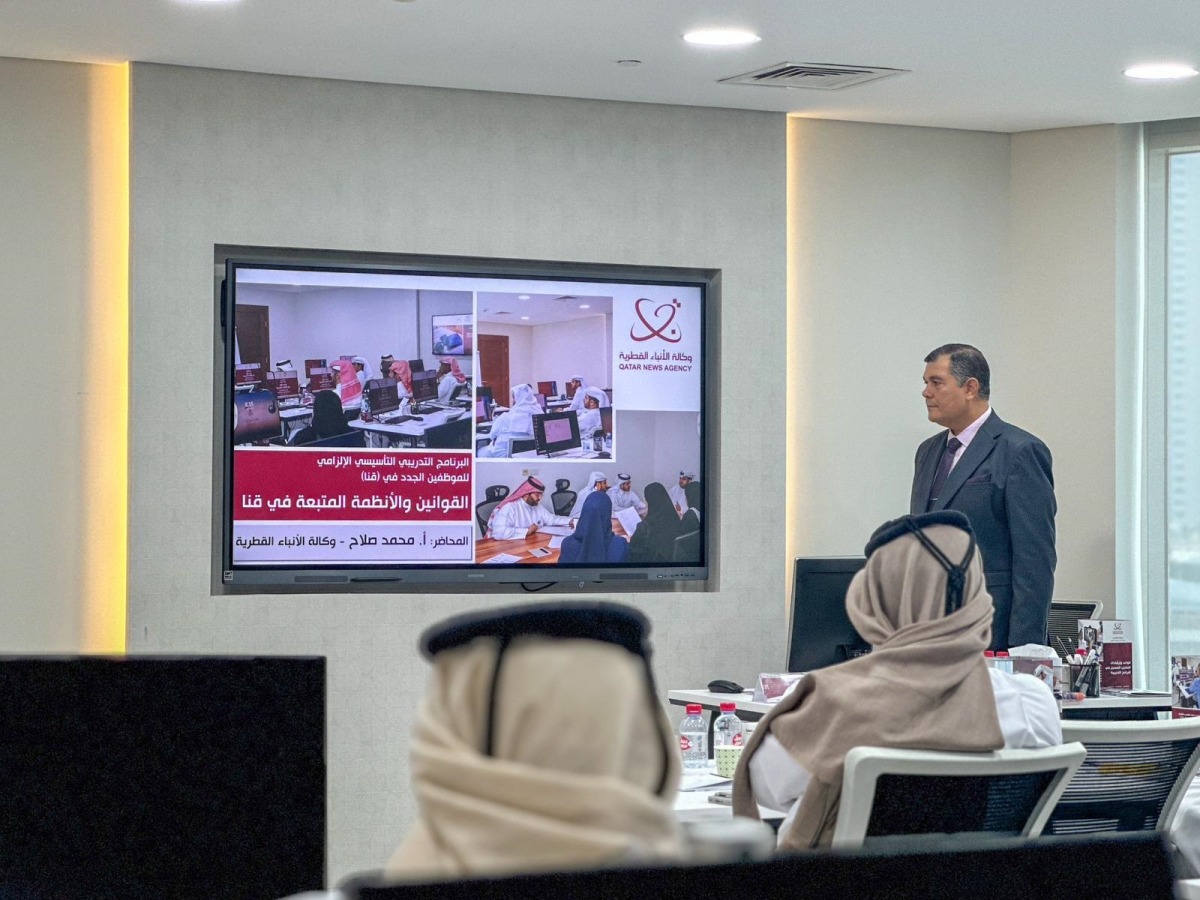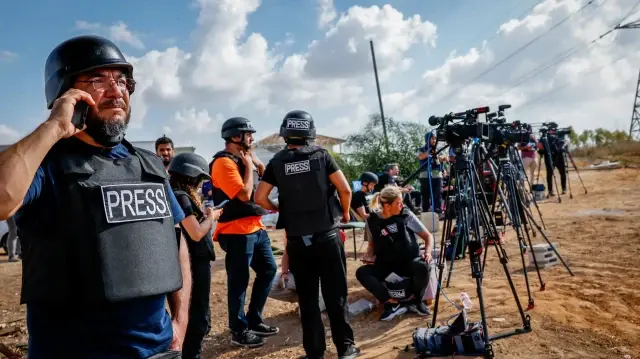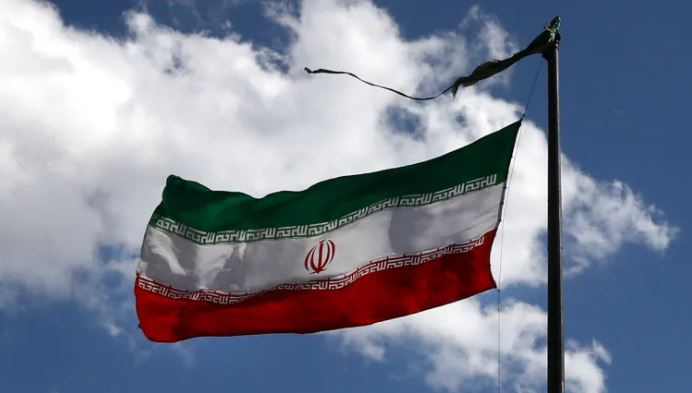
Iran Cracks Down on Activists and Journalists Amid Rising Repression
December 14, 2024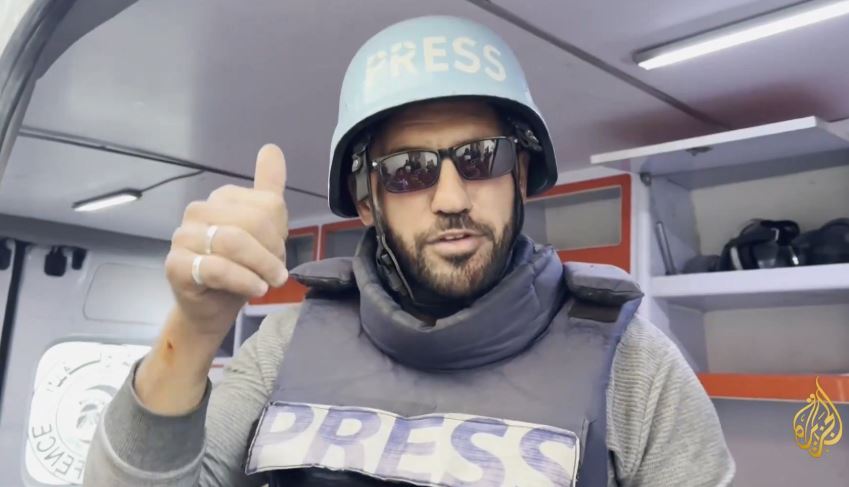
Al Jazeera Demands Accountability for Killing of Journalist Ahmad al-Louh
December 15, 2024December 14, 2024 – Lebanon/Syria –
Moaz Mouraab, a 51-year-old Lebanese journalist and father of two, has finally returned to his family in Tripoli, Lebanon, after enduring 17 harrowing years in a Syrian prison. His detention began on May 20, 2007, when Syrian authorities arrested him while he was transiting from Lebanon to Iraq. Accused of links to terrorist groups, Mouraab insists he entered Syria solely in his capacity as a journalist and humanitarian worker. His family lost all contact with him for the first two and a half years, leaving them uncertain of his fate until sporadic visits from his mother and sister resumed. His wife and children were never allowed to see him during that period.
Survivors of Syria’s notorious detention system, many of whom were released after rebel advances in late 2024, describe brutal interrogation and torture tactics. Mouraab recounted being subjected to psychological torment, beatings, stress positions, suspension from metal rods, electric shocks, and methods designed to extract confessions. One form of torture involved agony on a “wheel,” suspending him upside down while interrogators delivered repeated physical assaults. He also spoke of the terror of solitary confinement and the ever-present threat of more extreme abuse.
Upon his release in December 2024, Mouraab returned to his Tripoli home with tearful embraces from family members who had aged and grown anxious over his prolonged absence. Moaz, now free, remarked that he was overcome with relief and gratitude, recognizing that his ordeal’s end was finally in sight. His story underscores both the staggering human cost of Syria’s detention regime and the resilience of individuals who survive it.
His reunion arrives at a time when thousands of Syrian prisoners of the former Assad regime are regaining freedom following the government’s collapse late in 2024. But the scars of torture, lost time, and interrupted lives remain deep. Moaz Mouraab’s return offers a powerful reminder of both the horrors behind prison walls and the strength of human endurance. His re-emergence into family life renews hope for others still detained and highlights the ongoing need for international attention to Syria’s human rights abuses in the country’s transitional moment.
Reference –


